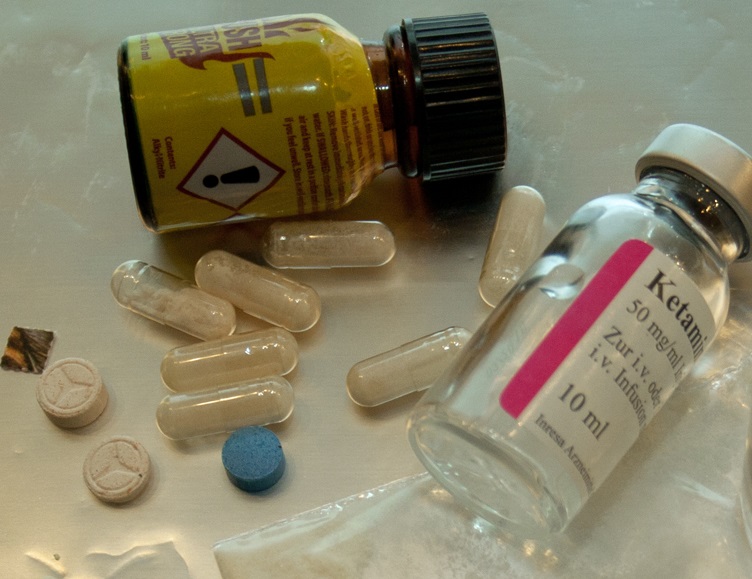Marcus Pfliegensdörfer has been working as a counsellor for drug use at Aidshilfe Köln since 2013. As the sex factor plays an increasingly important role, the 29-year-old also trained as a sex counsellor last year. On 11 May, as part of the project Breaking Meth from 14.00-17.00 hrs. for chat counselling.
Marcus, in the last 1.5 years you have had around 60 clients in counselling. Were they all very individual concerns or are there typical problems that everyone has?
Yes, they do exist. For example, the vast majority have already experienced stress at work because they were unable to cope with the transition from an intense weekend of drugs and sex to the new week, which in turn led to frequent sick leave. Of course, this becomes apparent at some point and many have already had unpleasant conversations with their employer.
Incidentally, almost all of my clients have an academic background, work in high positions and earn well. This higher socio-economic status is definitely also an aspect that unites them all.
A second important point is the health problems that many people have and which at some point lead them to seek help. These include sleep disorders, severe weight loss, psychotic phases, sexually transmitted diseases such as (repeated) Hepatitis Cgeneral physical degradation and injuries caused by sometimes brutal sexual practices while intoxicated. Torn intestines, for example.
Is your counselling service usually the first point of contact for those affected or do clients tend to be referred to you?
Almost all those affected who come to me for counselling are HIV-positive and were therefore often first seen by their HIV specialist doctor to discuss their out-of-control drug use. The doctors in turn know about the services offered by Aidshilfe Köln and then refer their patients to me. This is also because they know that HIV status is not stigmatised here.
What is the aim of your counselling?
I see my role as one of counselling in particular. This means that I listen, show understanding and try to find out what the individual function of drug use is. This always includes the sex context. Clients often get lost in a chaotic mess of problems. So I try to bring order into the other person's life, sort out the circumstances and ultimately see whether the goal is further withdrawal therapy. Fortunately, we have partners who have dealt with gay sex life, which is important so that they can address the sometimes traumatising experiences associated with it. Last but not least, sex also means the greatest potential for relapse in this patient group.
At what point would you say drugs become a problem? After all, there are plenty of guys who just fancy them from time to time, but are far from being addicted or developing serious impairments?
I agree: the majority of all drug users have fewer problems, although it depends very much on the substance in question. In the gay sector, we are increasingly dealing with crystal meth, a drug with high addictive potential. In addition, experience shows that crystal meth users often have a lot of previous experience with other substances, have already accumulated a lot of problems and therefore need more and more treatment. And ultimately, it's mainly clients like this who end up in my counselling sessions.
What psychological patterns or reasons do you observe in your clients that may be the cause of drug use?
I see different factors that influence each other. Some of my clients experienced violence in their childhood, were neglected or rejected because of their homosexuality. All of this is very problematic for healthy and self-confident personal development. The non-acceptance of sexual identity in particular creates a feeling of being different, which can lead to behaviour that endangers health. People then often seek the supposed solution to the whole package of problems in drug intoxication. A moment that means letting go and positive feelings. Of course, this is a fallacy because drugs don't change anything. They can only find real solutions in real life.
What do you think needs to change in the way society deals with drug users?
What we need is decriminalised and self-determined substance use. That is why we at AIDS service organisations are also in favour of drug checking. This involves using testing procedures to ensure that drugs are clean and have not been diluted with dangerous additives. This may seem strange to some, but drug use is and remains a reality that takes place and must be confronted.
On 11 May 2016, 2-5 p.m., Marcus Pfliegensdörfer will be available in the chat of www.breaking-meth.de is available for (anonymous) online counselling.










